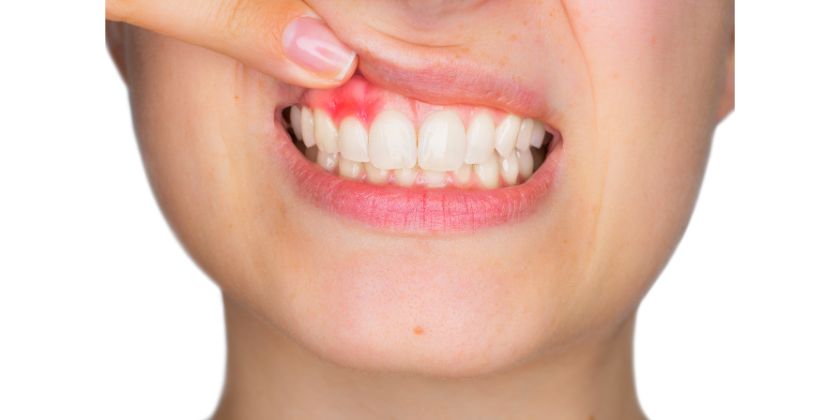It is a goal we all yearn to achieve – walk into your dentist’s office, get examined, get routine cleaning, and receive assurance that all is well with your teeth. You can then forget about the dentist all together for at least six months or in some cases a year. But life isn’t always a straight line. The worse often happens when you least expect. So, you wake up one morning and there’s discomfort around your gums. It doesn’t bother you at all because after all, you brush your teeth twice daily. You also floss once in a while. You even use a mouthwash. The discomfort lingers on for a while so you eventually find yourself visiting your dentist again, sooner than expected. Then you get hit with bad news that you have periodontal gum disease. What does this mean? Why does it happen in the first place? How can it affect your lifestyle? Read on to learn more.
How It Happens
Bad decisions can gradually lead to periodontal disease. You may have formed a regular habit of skipping the morning brush because you are often in a rush. You may have dropped the evening brush too. Maybe you still brush every morning and every evening but have you looked at your toothbrush lately? When did you last change it? When did you last floss? Did you do it well? More often than not, the answer to why and how you ended up getting periodontal disease can be found in answering these questions.
Flossing
Make it a habit to floss regularly. If possible, do it daily. This is important because bacteria can easily build up under your gum line and between your teeth. Fail to floss and the bacteria will eventually attach to the root surface of your teeth. After 48 hours, the bacteria will calcify and will remain where it is until you see your dentist again.
Habits
Small changes in your hygiene habits can easily add up to mammoth problems for your mouth. This can happen very quickly. It gets even worse when one is a chain smoker. Routine checkups can come to your rescue though. Remember that untreated gum disease eventually causes the gum to separate from teeth. This forms a bacteria filled pocket ultimately becomes infected. Your dentist will use a tiny ruler referred to as probe to measure the depth of gum tissue around each tooth. Dentists refer to the depth as sulcus. As gum disease progresses, sulcus becomes deeper. Treatment on the other hand may become extensive and costly.
Your Lifestyle
You’ll most likely have a hard time smiling once you have stained teeth. Note that in some cases gum disease is often preceded by stained teeth. Bleeding gums then follow. At this stage you’ll have already noticed that something is wrong with your teeth. You can’t smile because your gums may bleed. You may also experience some pain and discomfort. It does not end there. Your self-esteem will nosedive. You cannot kiss a loved one. You cannot talk freely to people within your social circle because of a foul smell. The solution is as you may have already figured out – consulting a dentist and receive treatment.


